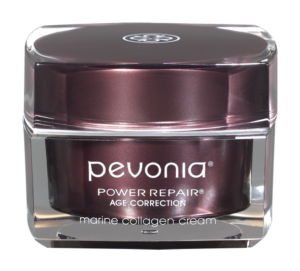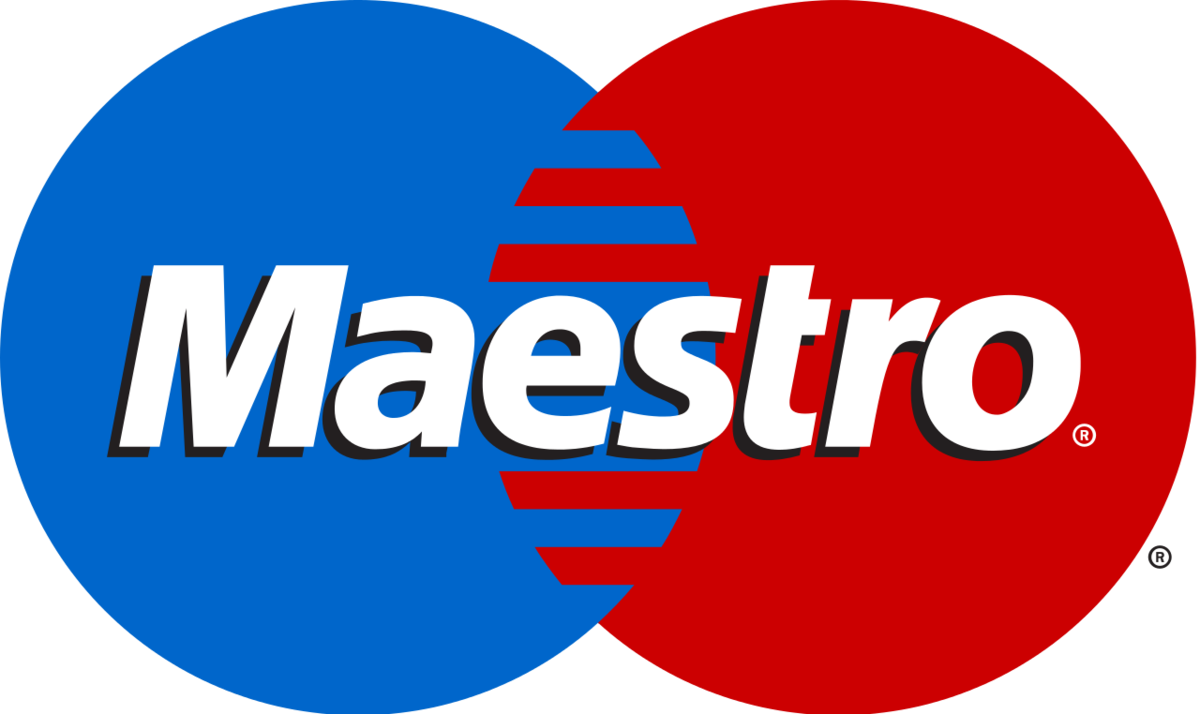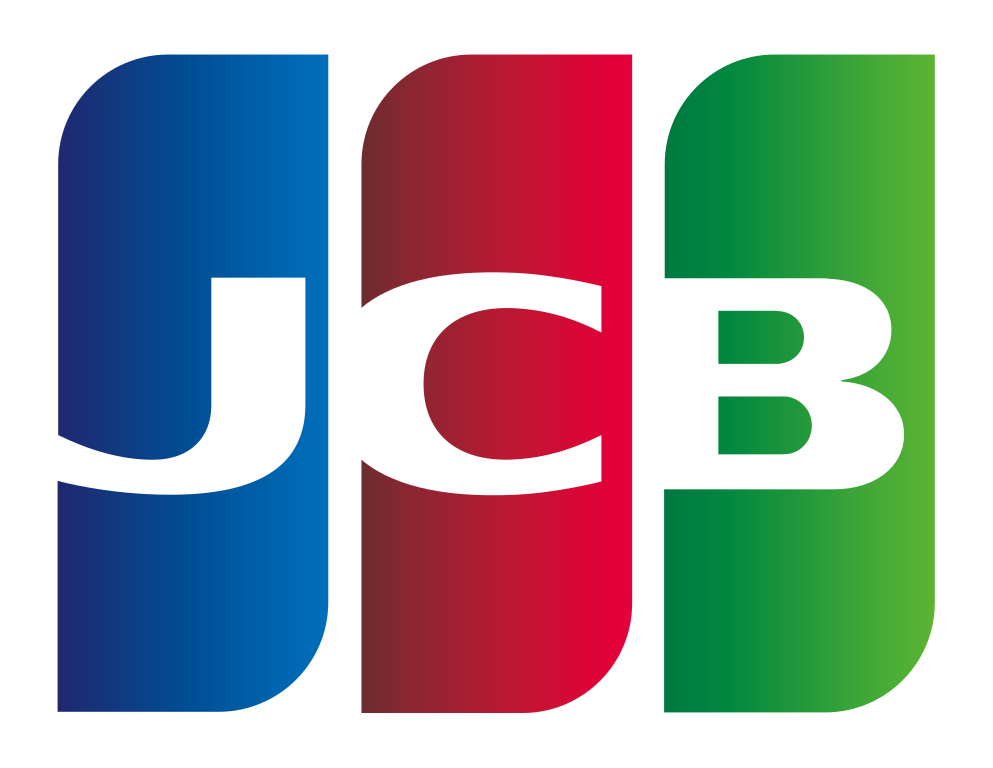INGREDIENT FOCUS: WHAT IS COLLAGEN?
 Endogenous collagen is a structural protein found naturally in the human body. It is the most abundant protein in mammals, with it being found in bones, muscles, skin and tendons – helping to keep the body together. The protein is made up of building blocks of amino acids.
Endogenous collagen is a structural protein found naturally in the human body. It is the most abundant protein in mammals, with it being found in bones, muscles, skin and tendons – helping to keep the body together. The protein is made up of building blocks of amino acids.
There are many different types of collagen within the body. Types I and II are the ones most abundant in skin.
Collagen in the Skin
Within skin, collagen provides strength and elasticity. It is crucial for supple skin, as it helps to keep the skin plump and keeps wrinkles at bay. Collagen makes the skin elastic and resilient.
Unfortunately, production of collagen within the body declines with age and exposure to external factors. With ageing, a significant decrease in collagen synthesis occurs, leading to the appearance of lines and wrinkles. In fact, after the age of 20 years, collagen production is diminished. Type II starts it’s decline when the body stops growing and type I follows suit at around aged 35 years. The result is that skin will become thinner and more fragile.
Increasing Collagen Production
A healthy lifestyle and nutrient-rich diet will help your body maintain collagen formation. The following foods don’t contain collagen, but instead help your own body to boost production. Vitamin C is essential for collagen production in the body and is found in a variety of plant-based foods. Leafy greens and citrus fruits are high in vitamin C and also antioxidants, so they help protect from free-radicals too. Also choose broccoli, red peppers and kiwi fruit.
Oysters aren’t everyone’s choice, but they are rich in zinc and copper, both of which activate molecules that are required for collagen synthesis.
Protein-rich meats, like beef and chicken, contain non-essential amino acids, some of which make up collagen. Eating meat provides your body with additional stores of the amino acids it needs to produce collagen.
These are just some of the foods you could consider, but there are many others, such as nuts, beets, berries and garlic (rich in essential sulphur) are also good at boosting collagen production.
Producing Collagen
Topical products, containing collagen, are developed by the cosmetics industry and tend to use collagen from a marine or bovine source. Topical creams can improve the appearance of the surface layer of the skin. In combination with other ingredients, a good collagen-based cream can help reduce the appearance of fine lines and wrinkles by plumping the skin.
 Pevonia’s Marine Collagen
Pevonia’s Marine Collagen
Within its homecare and in-spa products, Pevonia only uses Marine Collagen. The range delivers a percentage of active ingredients in excess of those found in products sold on the High Street. For example, the Power Repair Line includes Age-Correction Marine Collagen Cream, which has 5% active ingredients, for noticeable results. Some of the professional products, used within spa and salon treatments, contain an even higher percentage. The concentrates and intensifiers, used at home, are 10% active, whilst the professional ampoules pack in 12%. Another hero is the De-Stress Eye Treatment Eye Wrinkles product used in facials, that contains 100% freeze-dried collagen to smooth lines, reduce crepiness and rejuvenate the eye contour.



